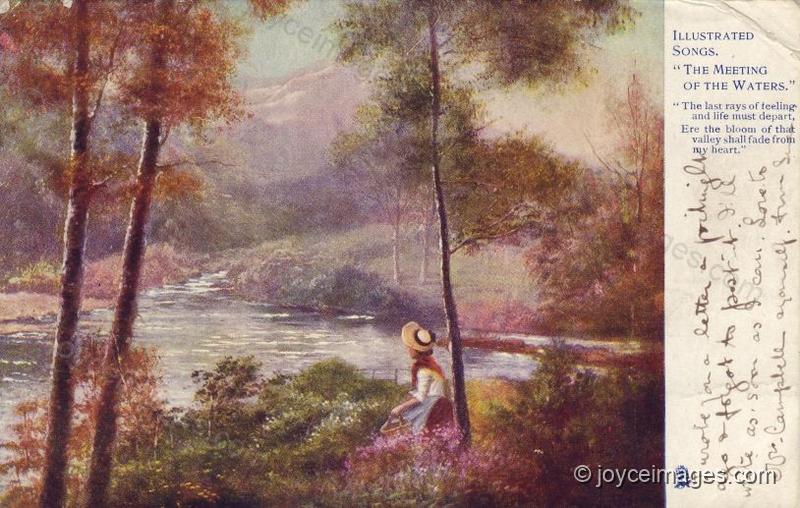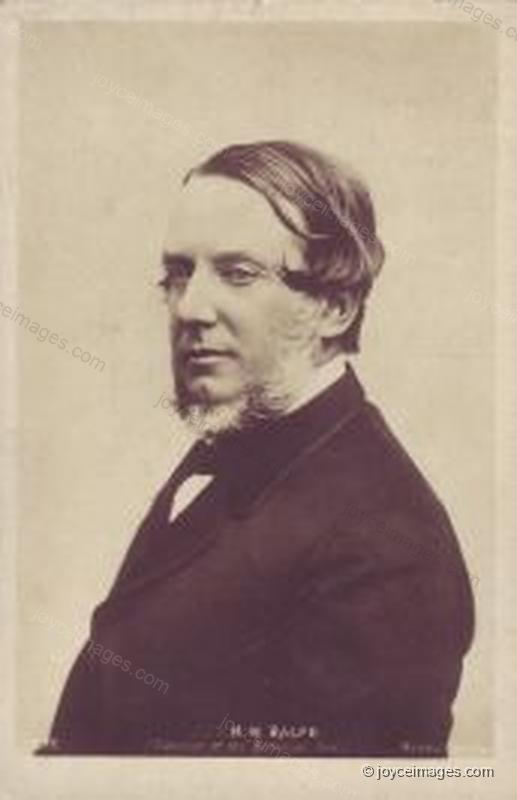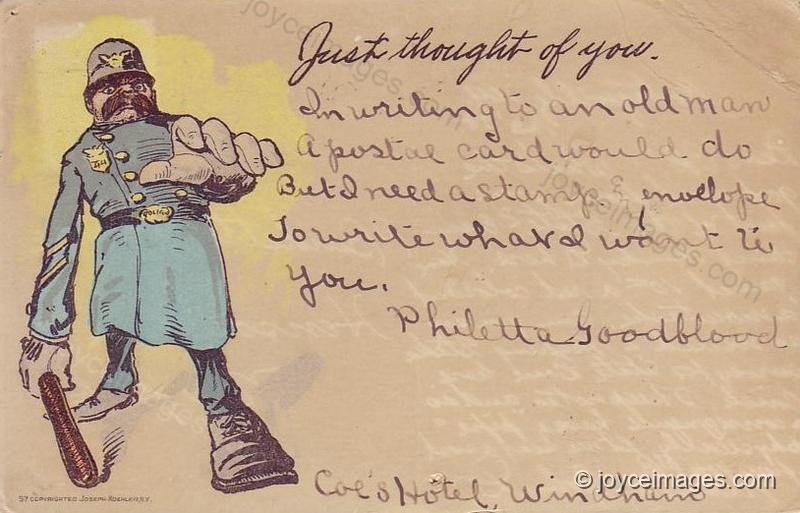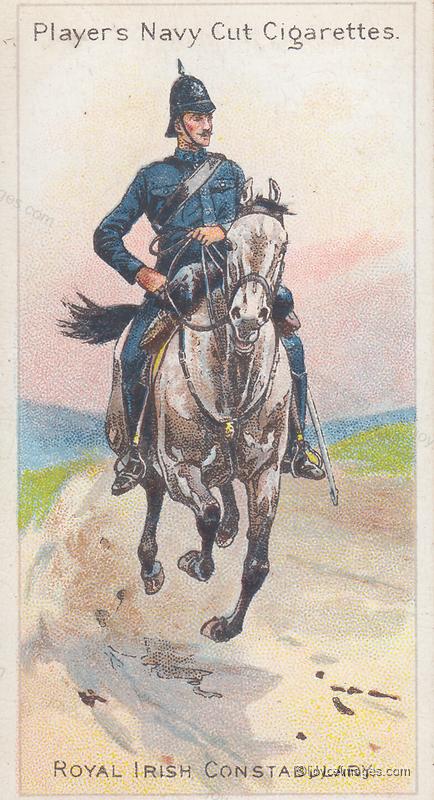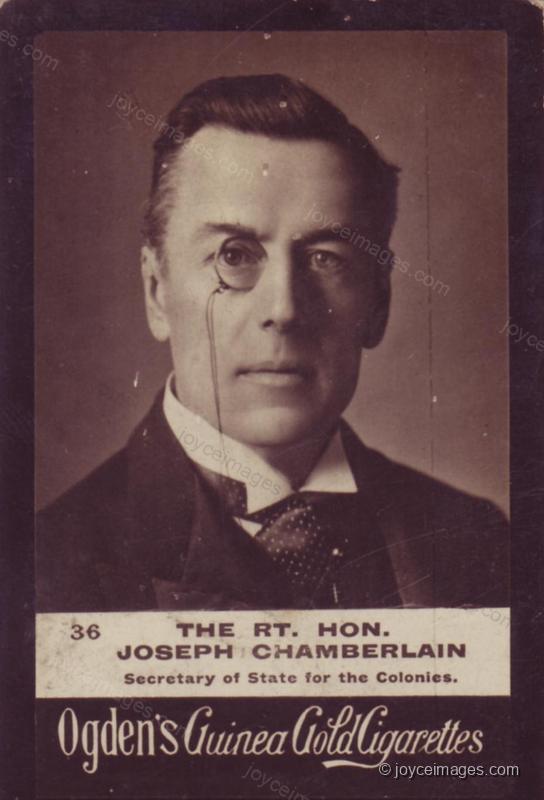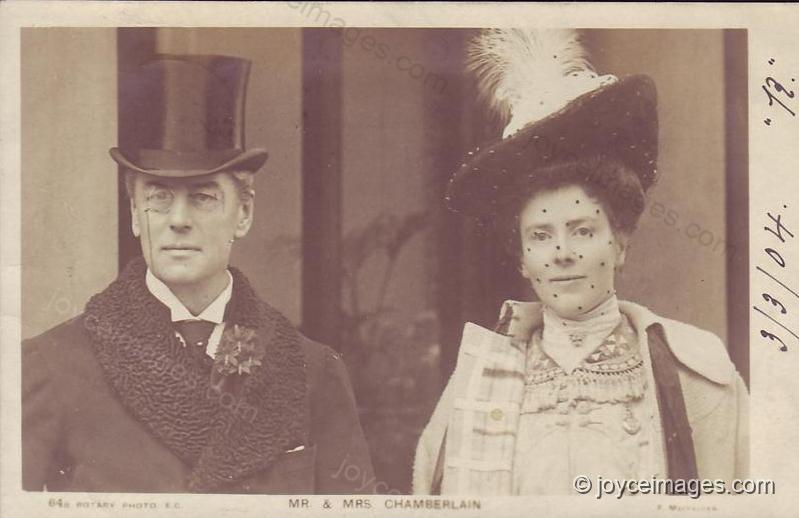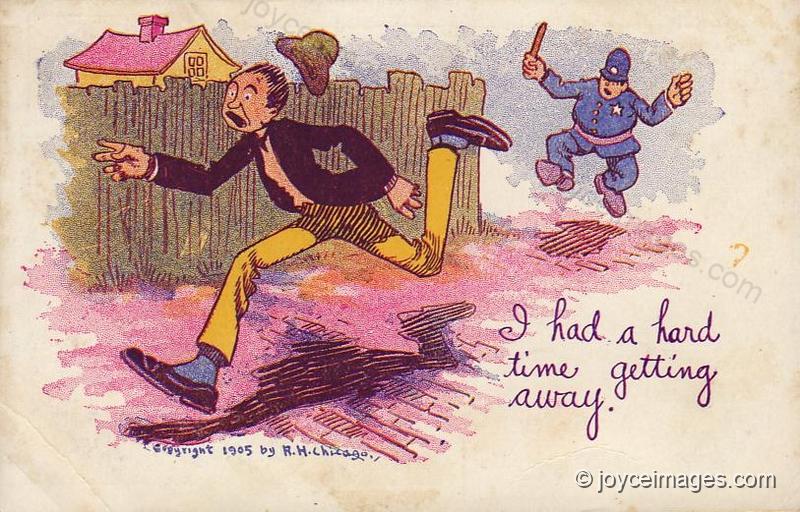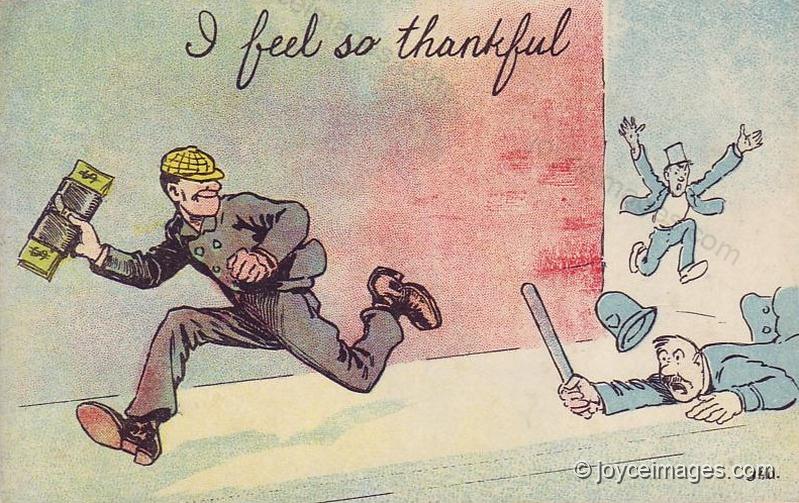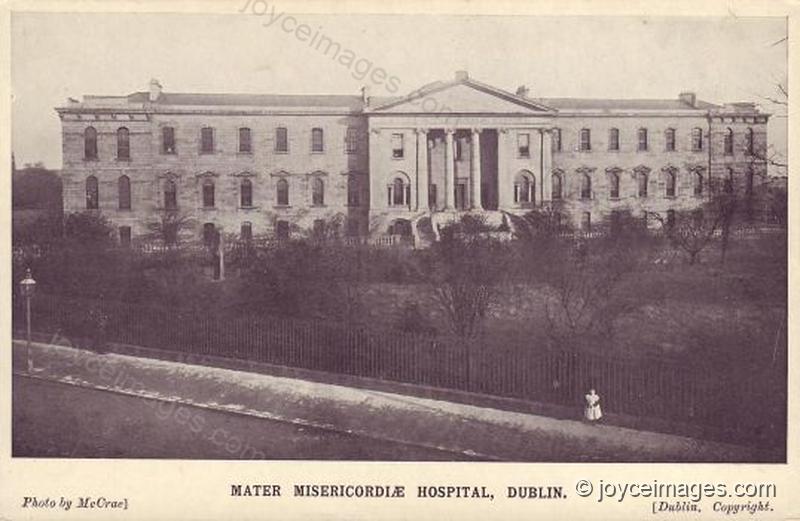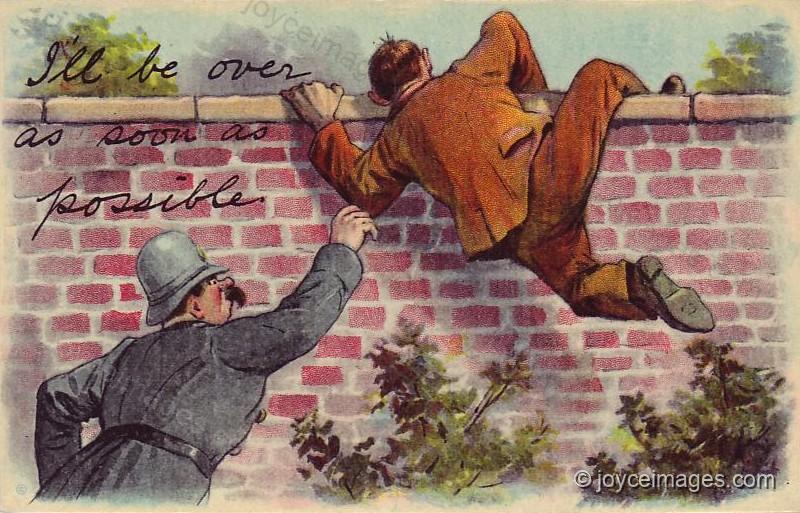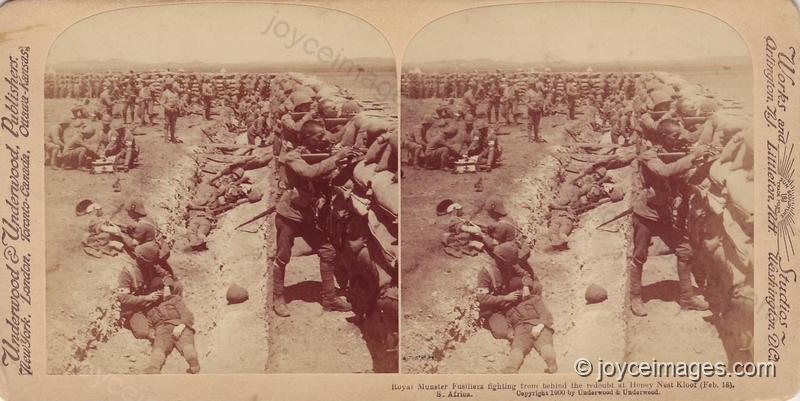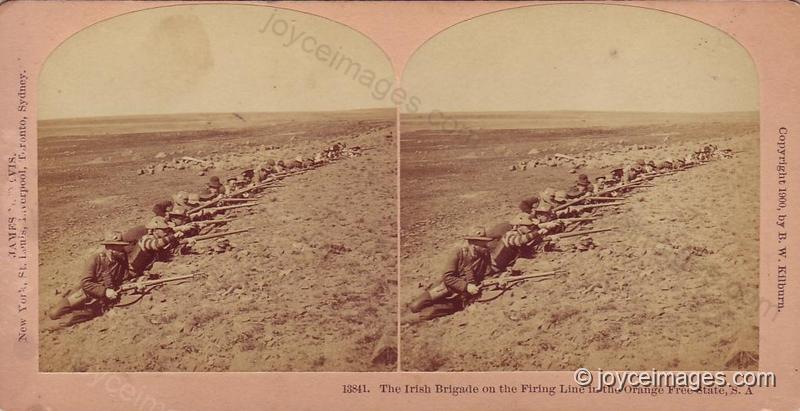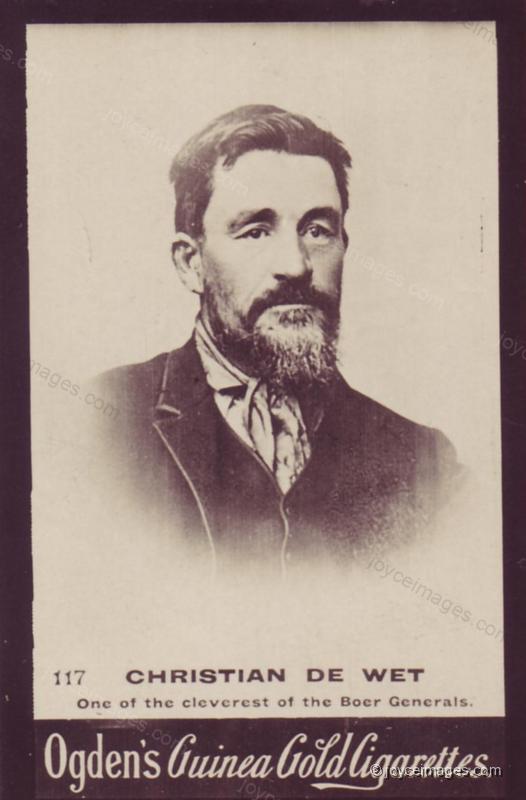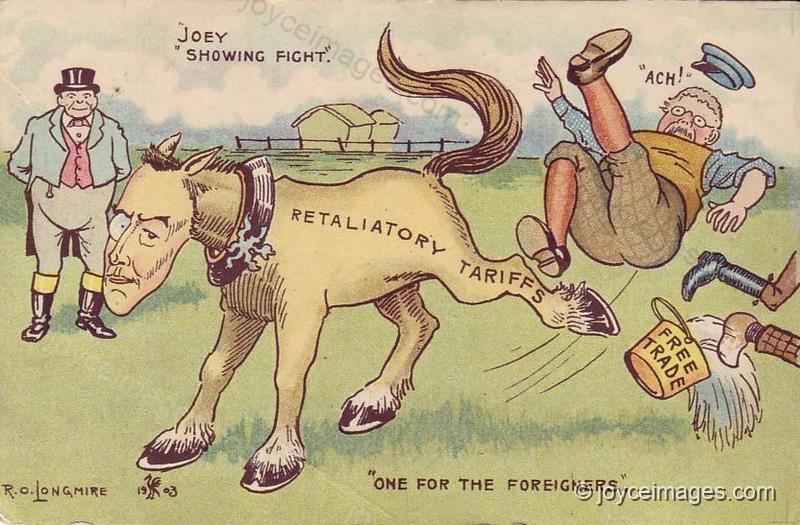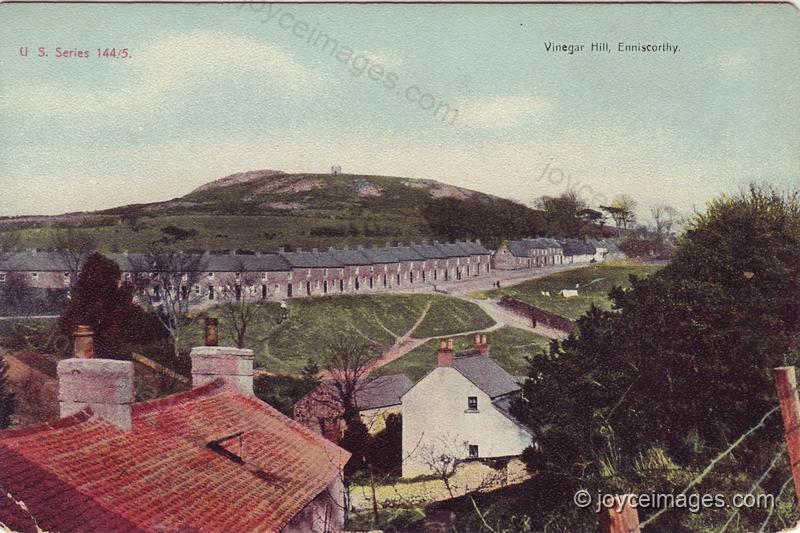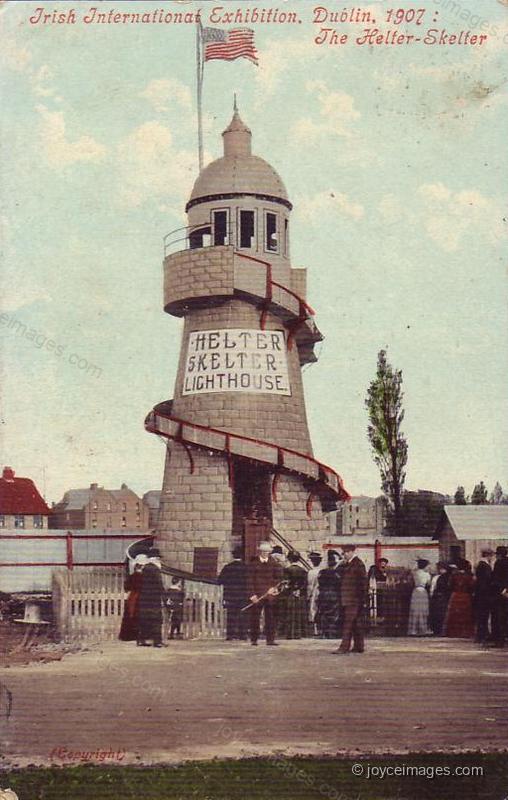"There is not in this wide world a vallee. Great song of Julia Morkan's." (U8.416)
Moore's 'The Meeting of the Waters' was in the 1st volume of 'Irish Melodies' (1808). It starts:
"There is not in the wide world a valley so sweet
As that vale in whose bosom the bright waters meet;
Oh! the last rays of feeling and life must depart,
Ere the bloom of that valley shall fade from my heart."
Moore's 'The Meeting of the Waters' was in the 1st volume of 'Irish Melodies' (1808). It starts:
"There is not in the wide world a valley so sweet
As that vale in whose bosom the bright waters meet;
Oh! the last rays of feeling and life must depart,
Ere the bloom of that valley shall fade from my heart."
"Kept her voice up to the very last. Pupil of Michael Balfe's, wasn't she?" (U8.417)
Michael William Balfe (1808 - 1870) was an Irish singer and composer of songs and operas, including 'The Bohemian Girl' and 'The Rose of Castile'. He was born in Dublin, the son of a dancing master. As a child, he played the violin for his father's classes (1814 - 1815). He moved to London in 1823 and became a violinist in the orchestra of Drury Lane; he took formal music lessons from C. E. Horn, the organist at St. George's Chapel. Balfe had a pleasant baritone voice, and sang (in Norwich, Rome, Paris) in various operas. He was also famous for songs he wrote such as 'When other hearts', 'I dreamt I dwelt in marble halls' and 'Come into the garden, Maud'. Balfe wrote 28 operas, the first to be produced was 'I rivali di se stessi' (Palermo, 1829). Balfe was married to Luisa Roser, a Hungarian singer. In 1864, Balfe retired from music to a farm in Hertfordshire.
Michael William Balfe (1808 - 1870) was an Irish singer and composer of songs and operas, including 'The Bohemian Girl' and 'The Rose of Castile'. He was born in Dublin, the son of a dancing master. As a child, he played the violin for his father's classes (1814 - 1815). He moved to London in 1823 and became a violinist in the orchestra of Drury Lane; he took formal music lessons from C. E. Horn, the organist at St. George's Chapel. Balfe had a pleasant baritone voice, and sang (in Norwich, Rome, Paris) in various operas. He was also famous for songs he wrote such as 'When other hearts', 'I dreamt I dwelt in marble halls' and 'Come into the garden, Maud'. Balfe wrote 28 operas, the first to be produced was 'I rivali di se stessi' (Palermo, 1829). Balfe was married to Luisa Roser, a Hungarian singer. In 1864, Balfe retired from music to a farm in Hertfordshire.
"He gazed after the last broad tunic. Nasty customers to tackle. Jack Power could a tale unfold: father a G man. If a fellow gave them trouble being lagged they let him have it hot and heavy in the bridewell. Can't blame them after all with the job they have especially the young hornies." (U8.419)
Chamberlain visited Dublin December 17-18 1899 to accept an honorary degree from Trinity College. In defiance, the Irish Socialist Republican Party called for a public (pro-Boer) meeting 'to celebrate the British defeat at Stormberg;' the meeting was to be held on College Green on Dec 17, at the same time as Chamberlain's triumphal entry. To counter, the Irish Transvaal Committee called for a similar public meeting in Beresford Place 'to salute Chamberlain.' On Dec 15, the London Pall Mall Gazette reported trouble brewing in Dublin, and the St James' Gazette expressed hopes 'that the police will see to it.' On Dec 17, tactical positions in the neighborhood of Trinity were occupied by masses of police (and curious onlookers). Though many would-be protesters backed out, Maud Gonne, Arthur Griffith, Edward Stewart and James Connolly (of the Irish Socialist Republican Party) stepped in and drove down to Beresford Place to hold the meeting. Police baton-charged them, arrested James Connolly, and smashed The Workers' Republic's printing press, briefly suspending its publication. Chamberlain in his speech at Trinity apparently lost heart, for instead of the expected war-whoop, he asked those present to believe he was 'not so black as he was painted.'
"the day Joe Chamberlain was given his degree in Trinity he got a run for his money. My word he did! His horse's hoofs clattering after us down Abbey street." (U8.423)
Joseph Chamberlain (1836 - 1914) was a British businessman, politician, and statesman. He was M.P. (1876) then President of the Board of Trade (1880).
Joseph Chamberlain (1836 - 1914) was a British businessman, politician, and statesman. He was M.P. (1876) then President of the Board of Trade (1880).
"Lucky I had the presence of mind to dive into Manning's or I was souped. He did come a wallop, by George." (U8.425)
"Must have cracked his skull on the cobblestones. I oughtn't to have got myself swept along with those medicals. And the Trinity jibs in their mortarboards. Looking for trouble." (U8.427)
"Still I got to know that young Dixon who dressed that sting for me in the Mater and now he's in Holles street where Mrs Purefoy." (U8.429)
"Police whistle in my ears still. All skedaddled. Why he fixed on me. Give me in charge. Right here it began." (U8.431)
"- Up the Boers!" (U8.434)
There were many Irish troops fighting for the British army in the Boer war. This SV shows the Royal Munster Fusiliers at the battle of Honey Nest Kloof, 1900.
There were many Irish troops fighting for the British army in the Boer war. This SV shows the Royal Munster Fusiliers at the battle of Honey Nest Kloof, 1900.
On the other hand, many Irish nationalists sympathised with the Boers, viewing them to be a people oppressed by British imperialism, much like themselves. Irish miners already in the Transvaal at the start of the war formed the nucleus of two Irish commandos. In addition, small groups of Irish volunteers went to South Africa to fight with the Boers. This SV shows the pro-Boer Irish Brigade in 1900.
"- Three cheers for De Wet!" (U8.435)
Christiaan Rudolf de Wet (1854 - 1922) was a Boer general, rebel leader and politician. Born in the Orange Free State, he played an important role in the second Boer war (1899 - 1902). He was a commandant then a general in the early battles of Natal (1899), and rose to prominence at Sanna's Post and Reddersburg. He came to be regarded as the most formidable Boer leader of guerrilla warfare, in turn severely handled by the British, narrowly escaping, then striking and annihilating isolated British posts. De Wet wrote an account of his campaigns, titled in English 'Three Years War' (1902).
Christiaan Rudolf de Wet (1854 - 1922) was a Boer general, rebel leader and politician. Born in the Orange Free State, he played an important role in the second Boer war (1899 - 1902). He was a commandant then a general in the early battles of Natal (1899), and rose to prominence at Sanna's Post and Reddersburg. He came to be regarded as the most formidable Boer leader of guerrilla warfare, in turn severely handled by the British, narrowly escaping, then striking and annihilating isolated British posts. De Wet wrote an account of his campaigns, titled in English 'Three Years War' (1902).
"- We'll hang Joe Chamberlain on a sourapple tree. Silly billies: mob of young cubs yelling their guts out." (U8.436)
A period caricature of Chamberlain.
A period caricature of Chamberlain.
"Vinegar hill. The Butter exchange band. Few years' time half of them magistrates and civil servants." (U8.437)
